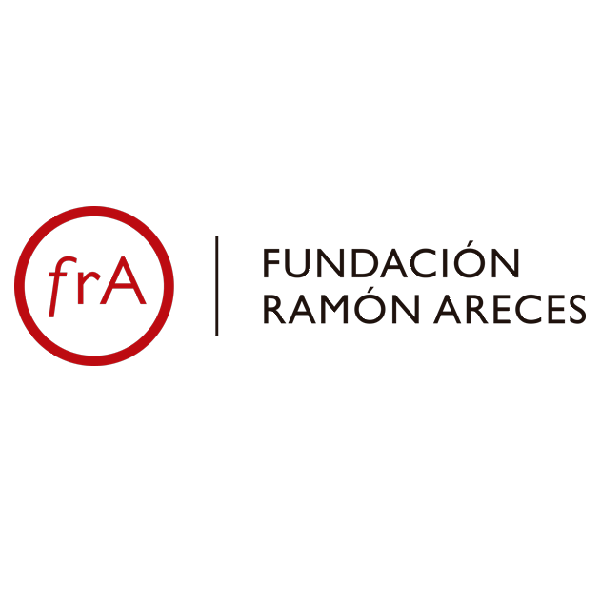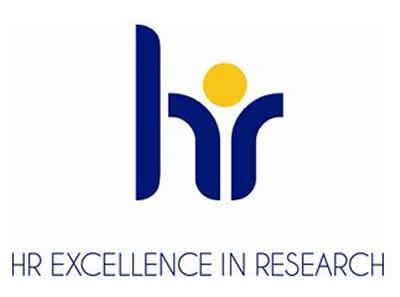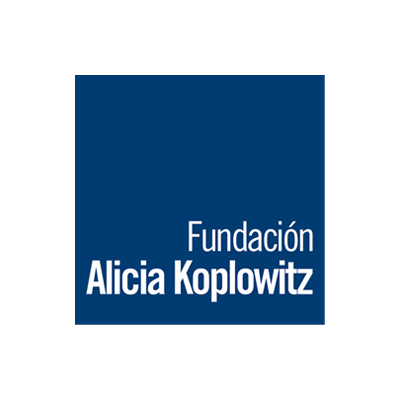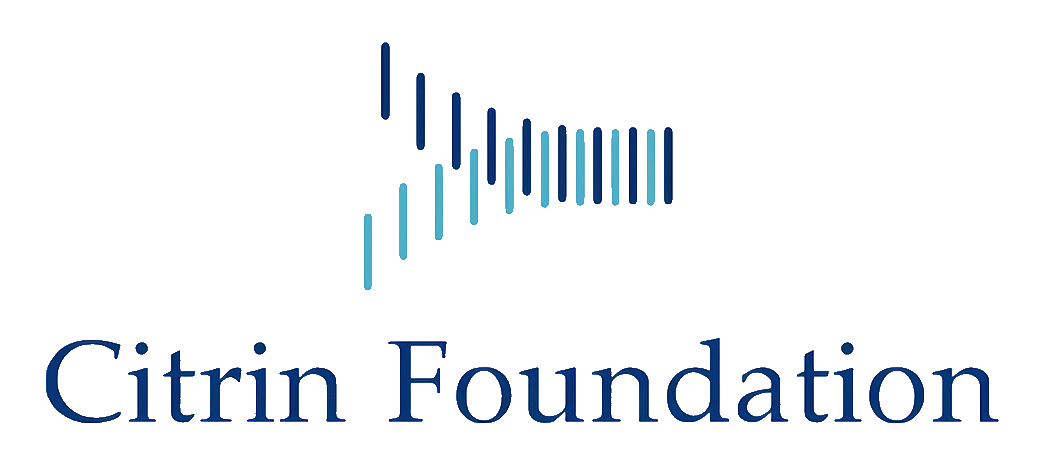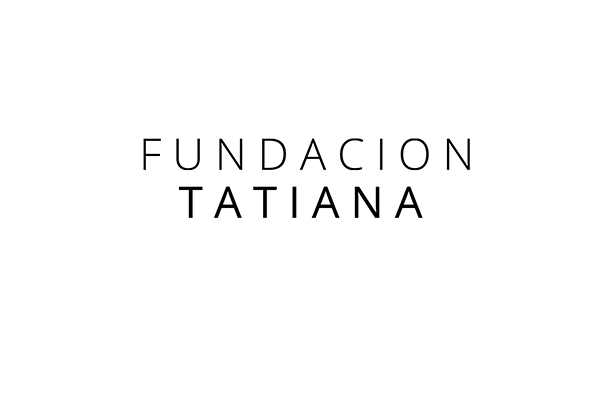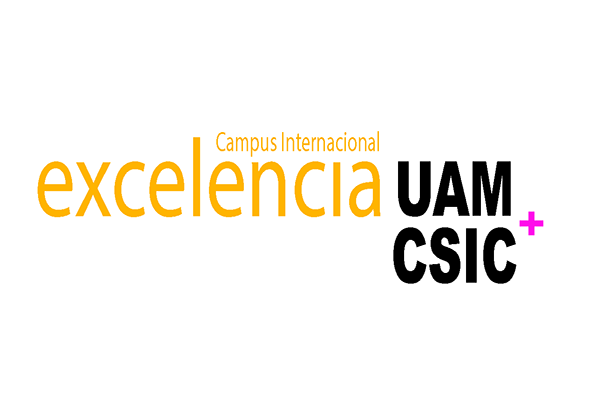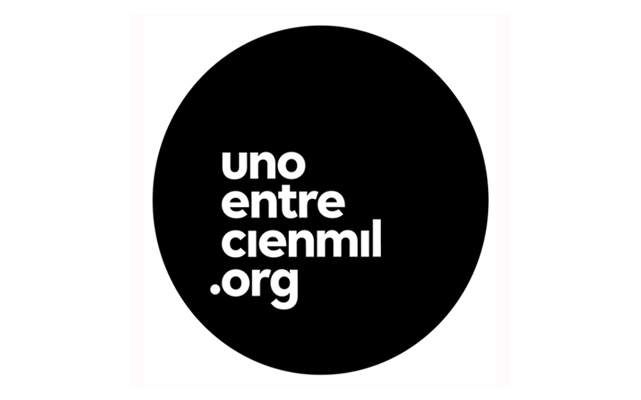Chromosome replication and genome stability
Research summary:
The maintenance of genome integrity during chromosome replication and the fidelity of DNA synthesis are essential for the correct transmission of genetic information in every cell division cycle. Inevitably, chromosome replication is threatened by DNA damage, which is a potential source of errors and a risk for the stability and progression of replication forks. Successful genome duplication in every cell cycle requires the repair or tolerance of DNA lesions, the protection of replication forks, and the ability to resume DNA synthesis after fork stalling. Failures in these processes lead to genomic instability, a hallmark of cancer and other diseases, as well as an important causal factor in aging.
Our group is interested in understanding how eukaryotic cells maintain genome stability during chromosome replication, especially under conditions that cause DNA damage or replicative stress. We study how different DNA repair, DNA damage tolerance and checkpoint proteins, in conjunction with some helicases and nucleases, facilitate chromosome replication in the presence of DNA lesions or replication perturbations. We analyse the contribution of these proteins to the integrity and function of replication forks, their regulation and their importance for cell viability under different conditions that cause DNA damage. The main aspects of these processes are evolutionarily conserved, allowing us to use the budding yeast Saccharomyces cerevisiae as a working model organism.

Figure 1. The structure-specific endonuclease Mus81-Mms4 is recruited to subnuclear foci following DNA damage or replicative stress. Cells were treated with different agents and analysed by fluorescence microscopy. Arrows indicate selected foci.

Figure 2. Schematic illustration of the processes triggering the DNA damage tolerance response. The main proteins involved in this cellular response are depicted.
* If you are interested in joining our group, please write to: jatercero@cbm.csic.es
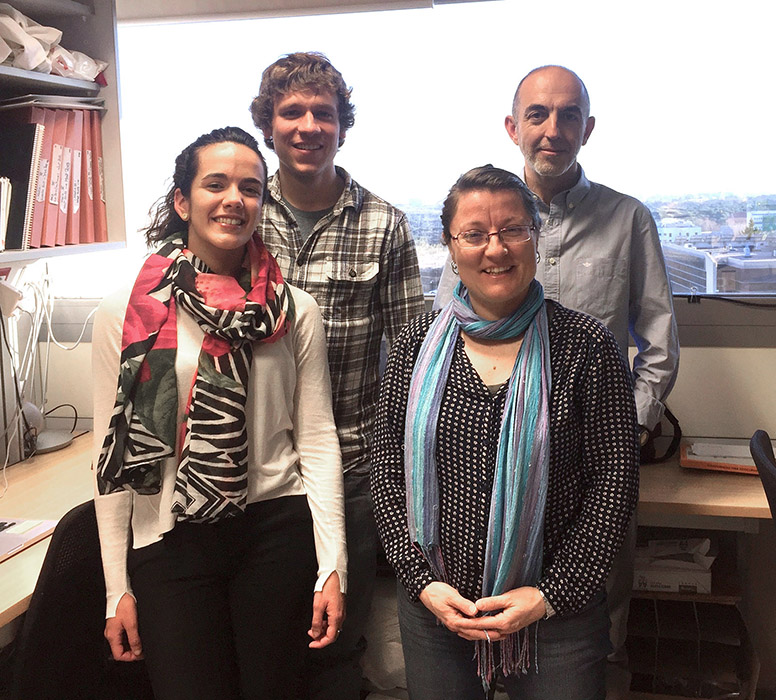
| Last name | Name | Laboratory | Ext.* | Professional category | |
|---|---|---|---|---|---|
| Lehmann | Carl Philip | 404 | 4516 | clehmann(at)cbm.csic.es | M3 |
| Tercero Orduña | José Antonio | 404 | 4818 | jatercero(at)cbm.csic.es | E. Investigadores Científicos de Organismos Públicos |
Relevant publications:
- Jiménez-Martín A, Saugar I, Joseph CR, Mayer A, Lehmann CP, Szakal B, Branzei D, Tercero JA (2020) “The Mgs1/WRNIP1 ATPase is required to prevent a recombination salvage pathway at damaged replication forks”. Science Adv. 6: eaaz3327.
- Saugar I, Jiménez-Martín A, Tercero JA (2017) "Subnuclear relocalization of structure-specific endonucleases in response to DNA damage". Cell Rep. 20: 1553-1562.
- Morafraile EC, Diffley JFX, Tercero JA*, Segurado M* (2015) “Checkpoint-dependent RNR induction promotes fork restart after replicative stress”. Sci. Rep5: 7886.
- Saugar I, Ortiz-Bazán MA, Tercero JA (2014) “Tolerating DNA damage during eukaryotic chromosome replication” Exp. Cell Res. 329: 170-177.
- Ortiz-Bazán MA, Gallo-Fernández M, Saugar I, Jiménez-Martín A, Vázquez MV, Tercero JA (2014) “Rad5 plays a major role in the cellular response to DNA damage during chromosome replication”. Cell Rep. 9: 460-468.
- Saugar I, Vázquez MV, Gallo-Fernández M, Ortiz-Bazán MA, Segurado M, Calzada A, Tercero JA (2013) “Temporal regulation of the Mus81-Mms4 endonuclease ensures cell survival under conditions of DNA damage”. Nucleic Acids Res.41: 8943-8958.
- Gallo-Fernández M, Saugar I, Ortiz MA, Vázquez MV, Tercero, JA (2012) “Cell cycle-dependent regulation of the nuclease activity of Mus81-Eme1/Mms4”. Nucleic Acids Res. 40: 8325-8335.
Doctoral theses:
- Alberto Jiménez Martín (2019) “La AAA+ ATPasa Mgs1/WRNIP1 y su relación con la tolerancia al daño en el DNA durante la replicación cromosómica”. Universidad Autónoma de Madrid. Supervisor: J. A. Tercero.
- María Gallo Fernández (2017) “Regulación y función de la endonucleasa específica de estructura Mus81-Mms4/EME1”. Universidad Autónoma de Madrid. Supervisor: J. A. Tercero.
- Mª Ángeles Ortiz Bazán (2014) “Análisis del papel de los componentes de la ruta RAD6/RAD18 de Saccharomyces cerevisiae en la tolerancia al daño en el DNA durante la replicación cromosómica”. Universidad Autónoma de Madrid. Supervisor: J. A. Tercero.
- Mª Victoria Vázquez Sarrión (2012) “Análisis de factores implicados en la respuesta celular al daño en el DNA durante la replicación cromosómica en Saccharomyces cerevisiae”. Universidad Autónoma de Madrid. Supervisor: J. A. Tercero.





